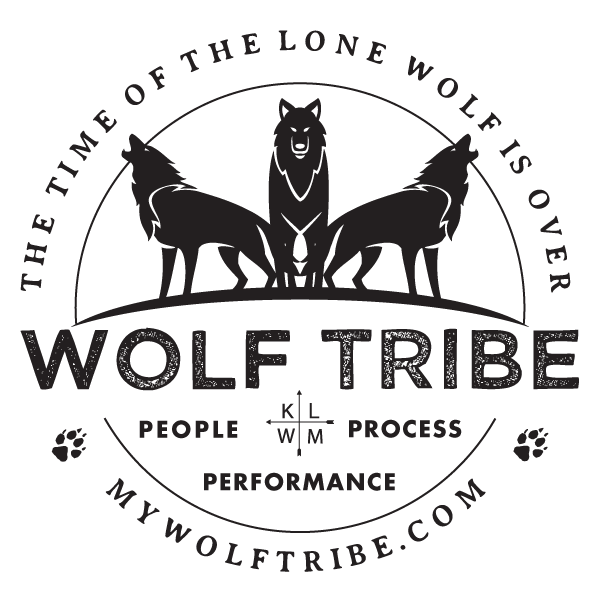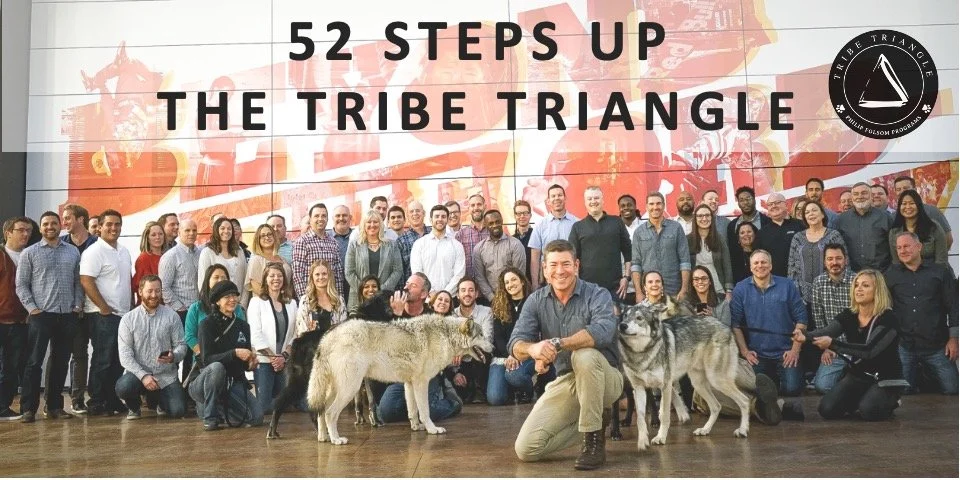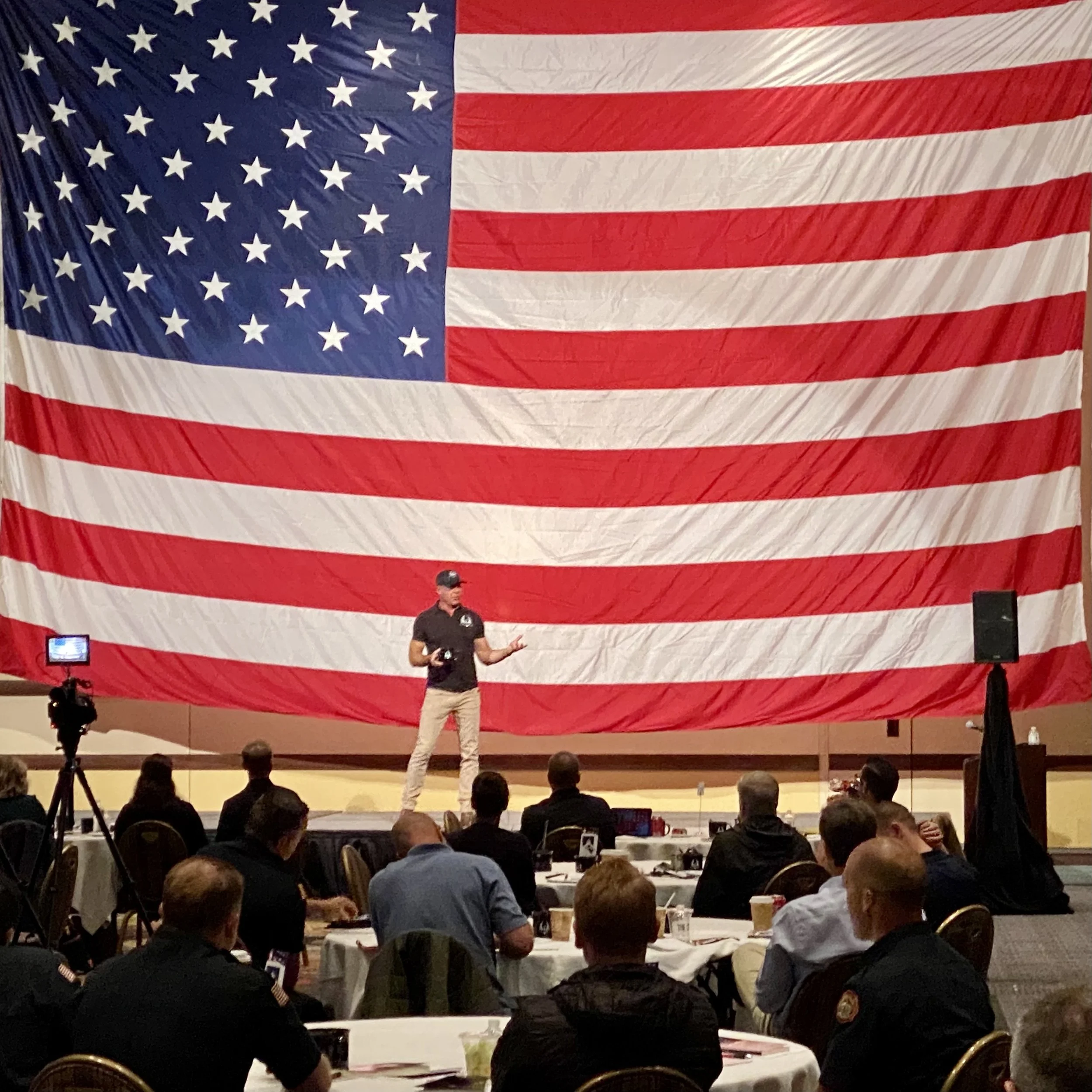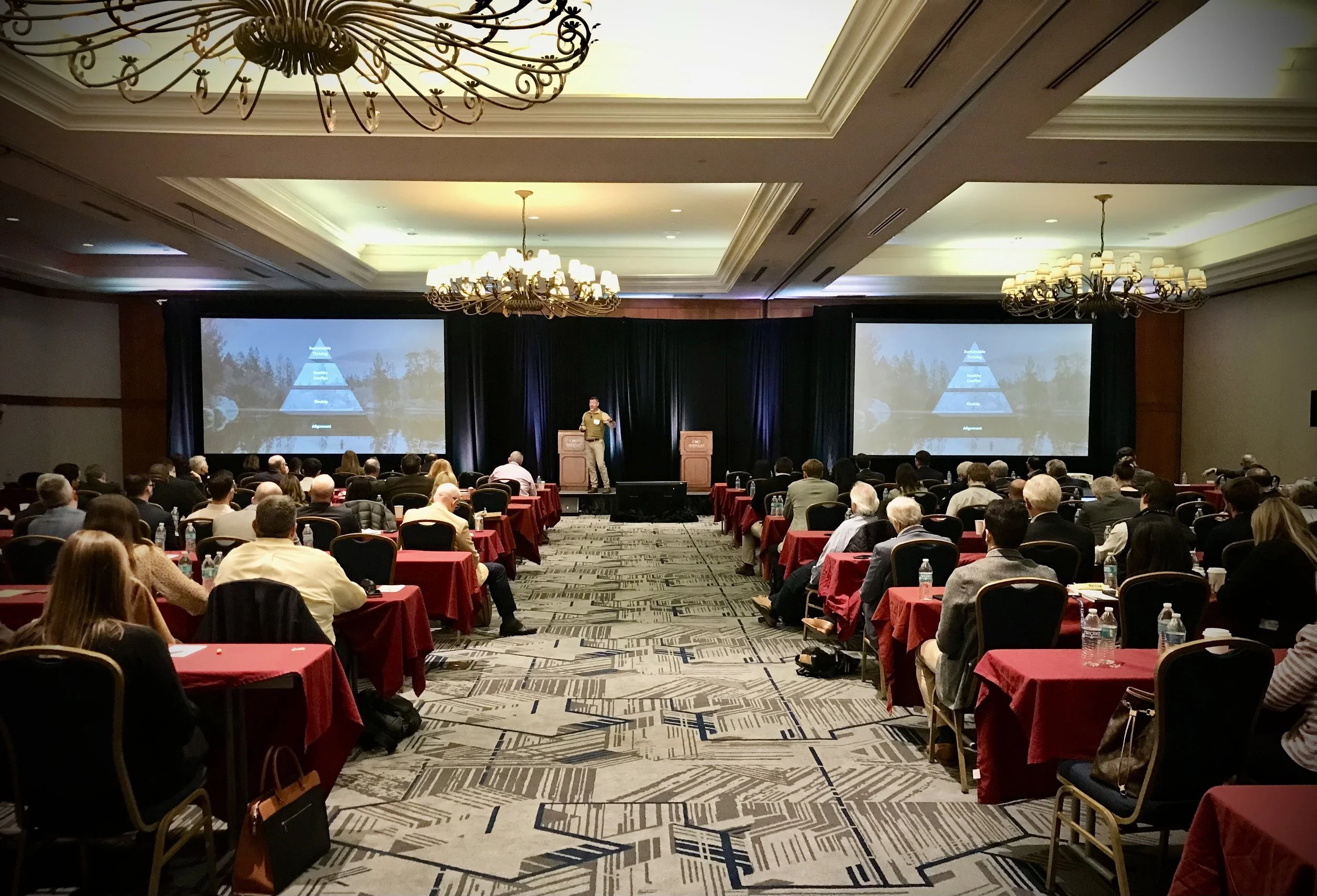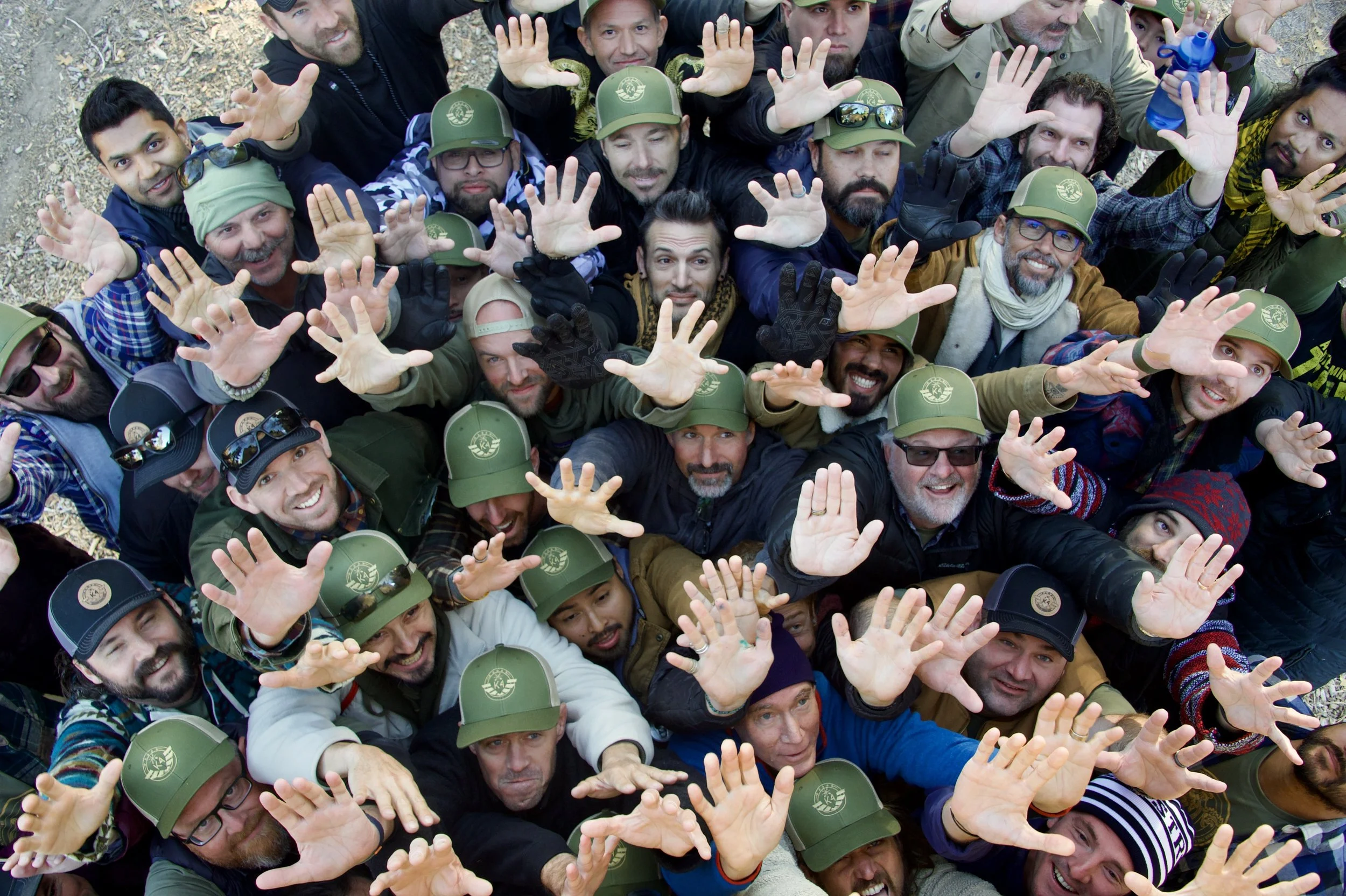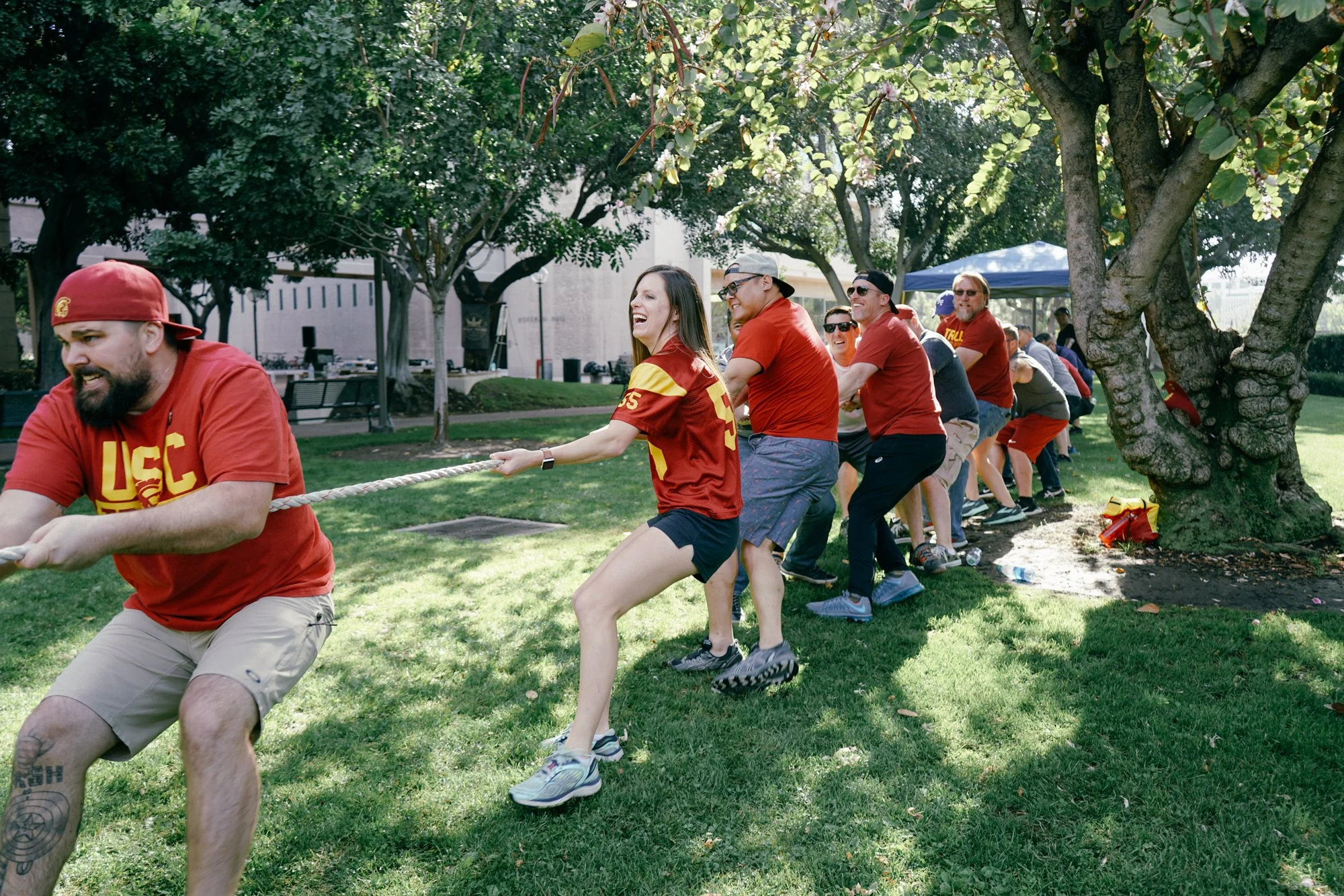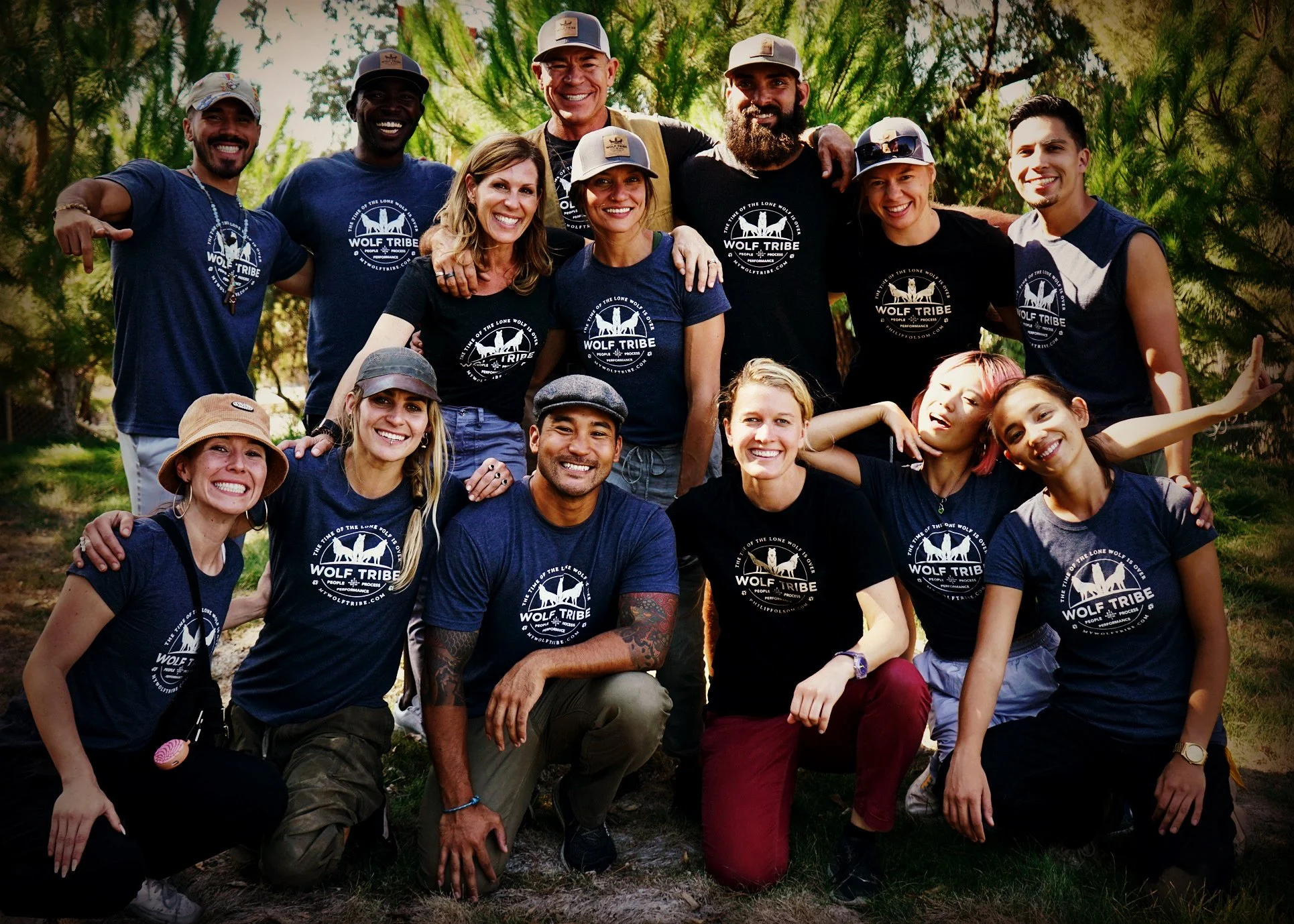Step 25 Up the Tribe Triangle: The Power of Morale
“Morale is the capacity of a group of people to pull together persistently and consistently in pursuit of a common purpose.”
Alexander H. Leighton
Morale: the confidence, enthusiasm and discipline of a person or group. It is the esprit de corps that is the capacity of a group to claim and maintain belief in a shared challenge (and the group itself) in the face of opposition and adversity.
Morale is applied optimism.
Morale is often associated with sports teams and the military. These are both rare examples of the honor-based cultures that used to typify the culture of tribe. In both sports and the military, cohesion and commitment to the shared vision, values and mission are central. Higher morale has been proven to be a competitive advantage that increases resiliency and commitment to a challenge.
Morale has been used in the military as a ‘mission critical’ measure of psychological readiness of troops. It also is a direct and powerful driver of performance of all organizations including families and business.
Morale has long been proven to have a direct effect on workplace productivity by driving increased engagement, overall productivity, and customer satisfaction. The Gallup Organization estimates that there are over 22 million American workers who are actively disengaged due to low morale which costs the economy over 350 billion dollars a year in lost productivity, high turnover and absenteeism.
It has long been recognized that morale helps stop surrender. This is as true in our families and business as it is in any other struggle in history. Fear and doubt kill more projects than defeat ever has.
Morale is a product of kinship. It is a downstream effect of all the aspects of the honor-based culture of the Tribe Triangle including the shared tribe vision, values and mission of the alignment phase as well as the trust, resiliency, kindness and friendship and the platinum rule of the kinship phase. The kinship behavior of authentic appreciation is a major factor in building and maintaining morale.
You cannot decree morale because it is a product of community cohesion. Like everything else on your journey up the Tribe Triangle it must be made and maintained by intentional and consistent leadership of you, the Head of Culture. In addition to be a powerful driver of overall success, your team’s morale is also a powerful diagnostic tool to gauge the health of your culture. Low morale is a warning light on the dashboard of your tribe and it behooves you to look under the hood and at your leadership.
The number one cause of lack of morale in 2012 study by the US military is “ineffective leaders at senior levels”. This is YOU, Tribe Leader. It is our duty to own the failures of our tribe but share the successes.
Morale is not endless and is connected to resiliency. Recovery from periods of stress is vital for morale to be sustained. If you fail to maintain your foundation of morale it will crumble for your tribe like a sandcastle. Morale begins with you.
Click here To watch the video of Step 25: The Power of Morale
Leaders Must Write and Speak
Answer these questions in your journal by really writing them down. Discuss them with at least one of your most important people and really listen to their response.
What is a challenging family or work project in which your people are disengaged and avoiding?
What morale drivers from the alignment level of the Tribe Triangle can you shore up? (Shared vision for the future, shared core values or shared collaboration of mission?)
What morale drivers from the kinship level of the Tribe Triangle are at your disposal? (Resiliency, altruism, friendship, communication or appreciation?)
Ubuntu,
Philip Folsom
